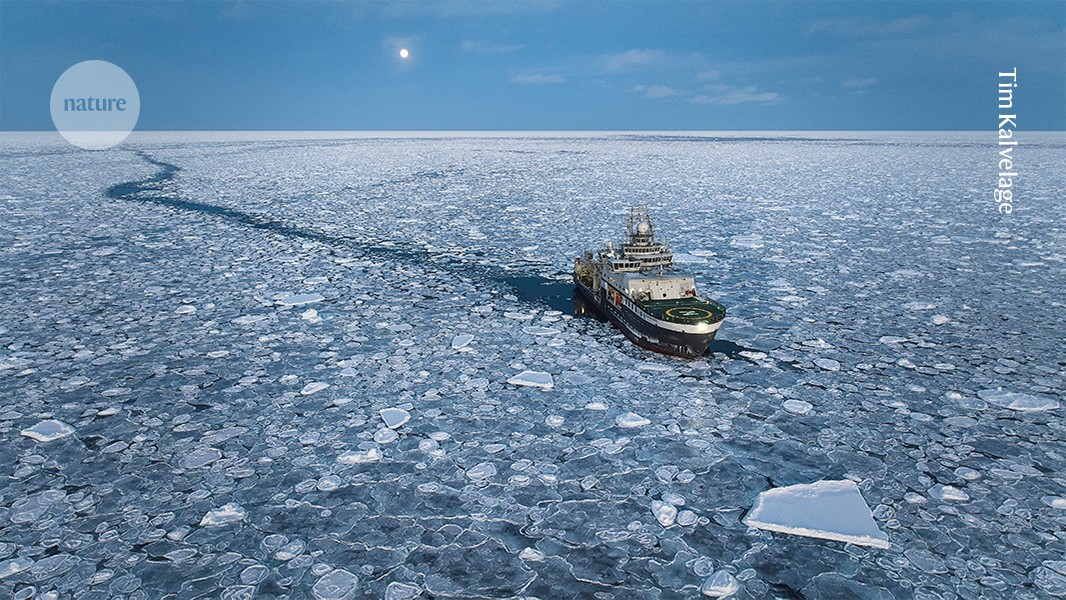US politics
fromwww.independent.co.uk
1 month agoOnions and chips keep washing up on England's south coast. Here's why
Container losses during storms deposited consumer goods on UK shores, offering oceanographers a rare real-time opportunity to study currents while highlighting the global scale of containerized trade.

